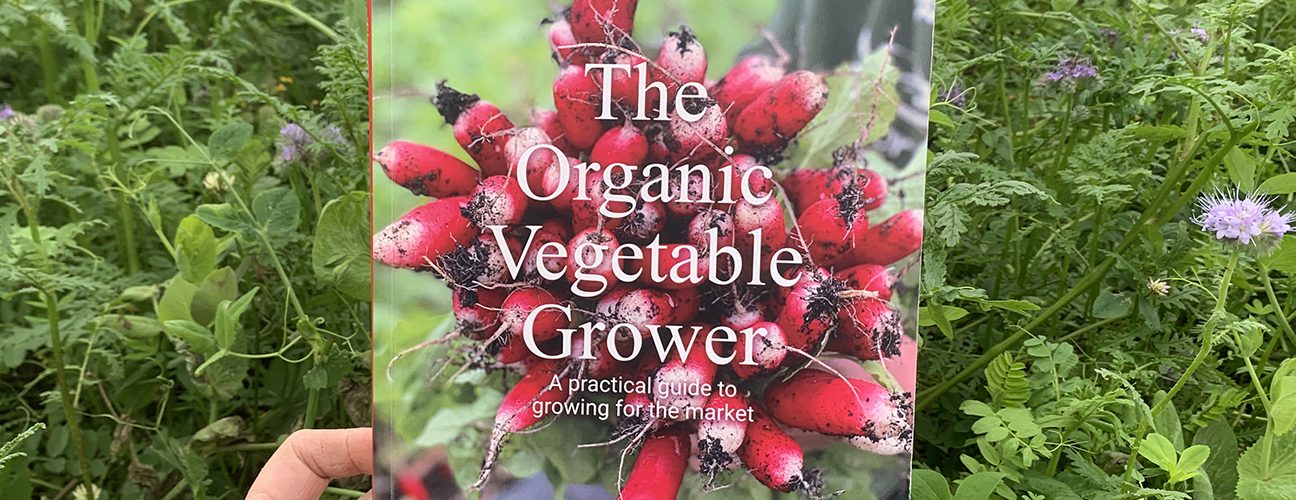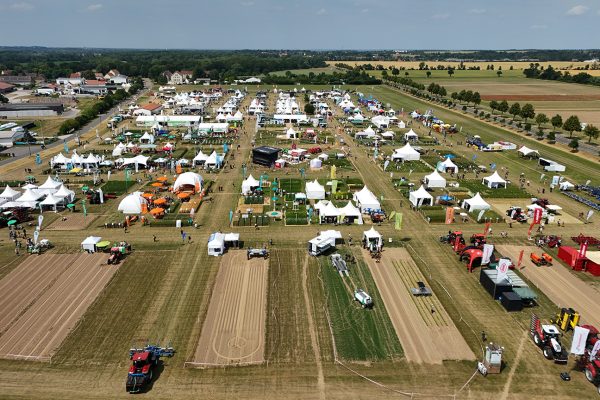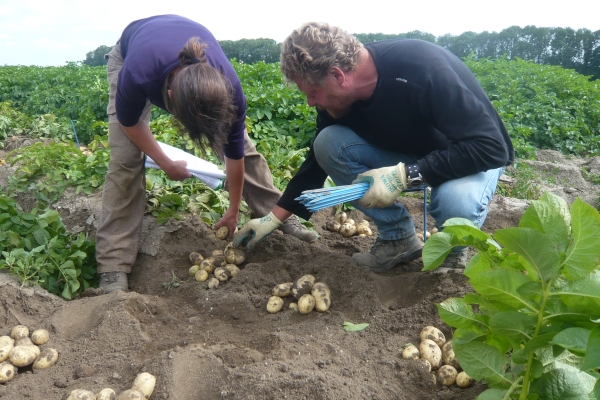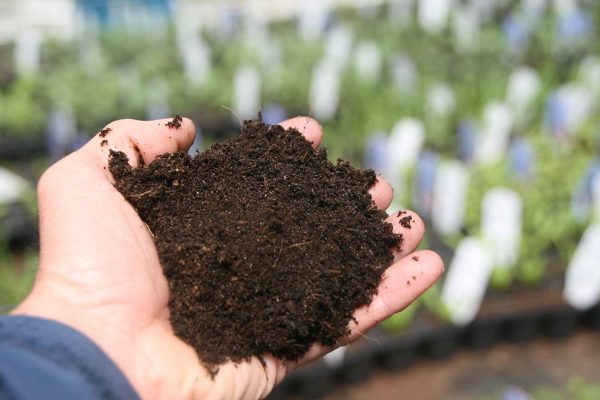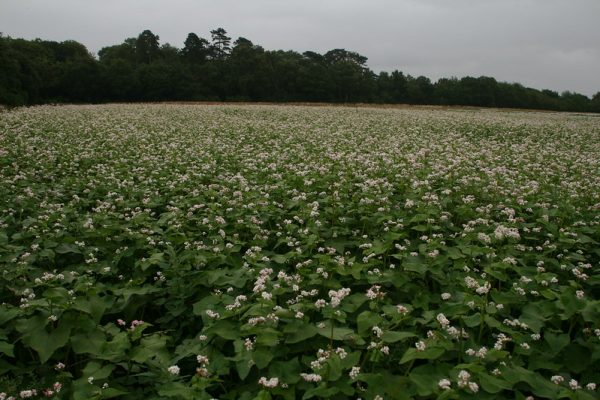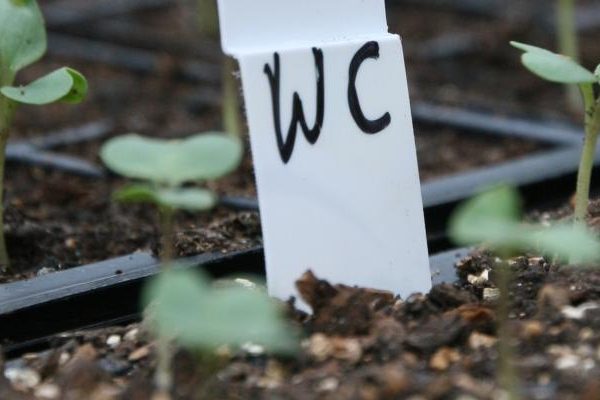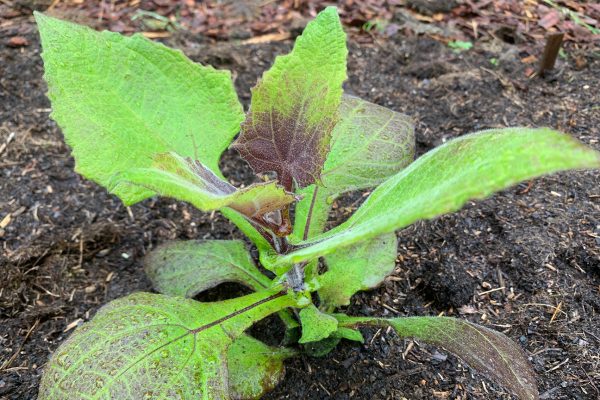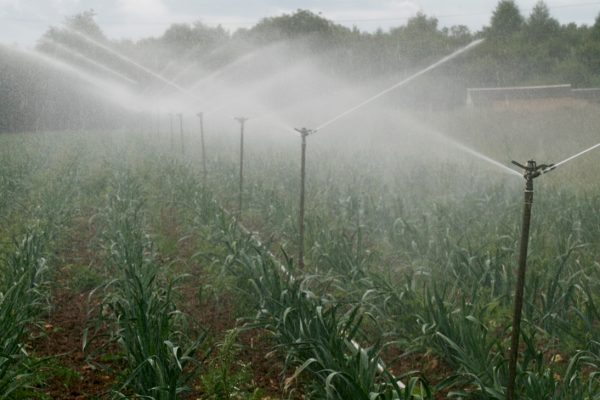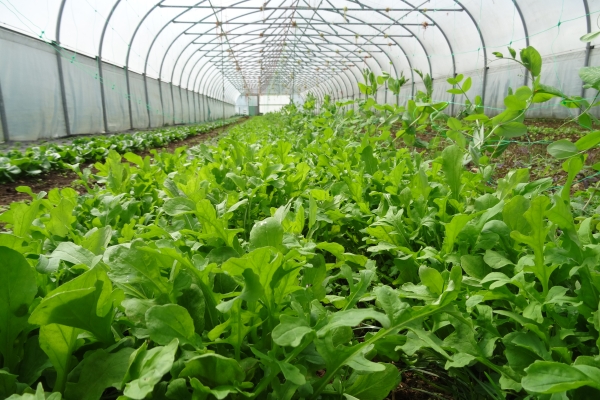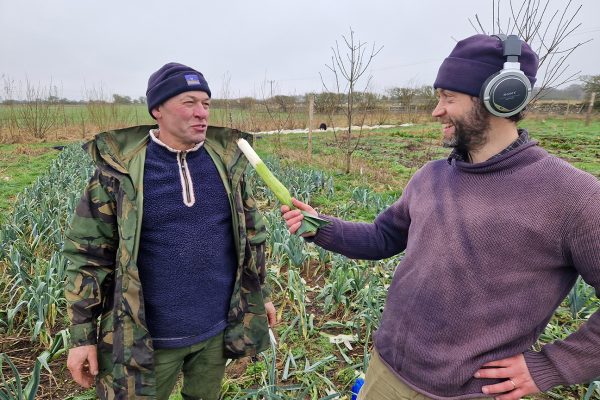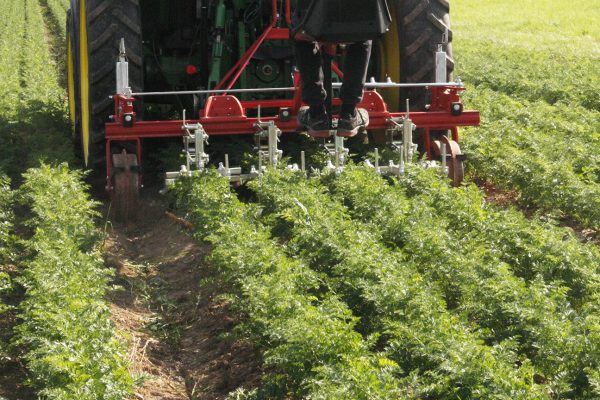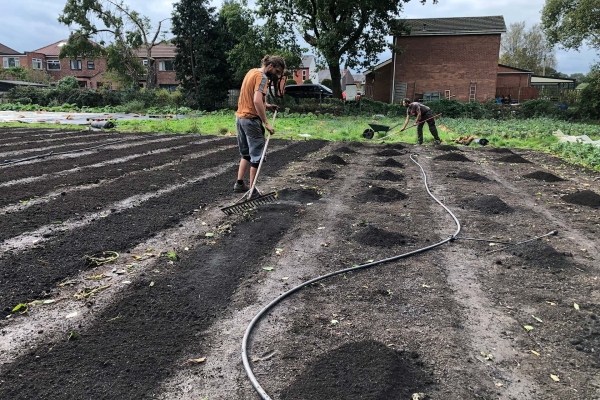The Organic Vegetable Grower
A practical guide to growing for the market
Resource explained
This book written by Agricology’s Phil Sumption and published by Crowood Press is a practical guide for those growing, or wishing to grow, market and sell organic vegetables for a living. The book is rooted in organic principles and covers:
- The human element – managing staff, complexity, and avoiding burnout
- Getting on the land – gaining the skills and setting up
- How to maximise diversity and productivity at a range of scales
- A crop-by-crop guide to the basics of growing quality produce
- Selling and marketing your produce
“The intention was to create a positive book, focusing on solutions to challenges, with insights and tips not found elsewhere.”
“My passion, since the late 80s has been organic growing and once a grower it is always in the blood. As a researcher and advisor, and part-time grower I have endeavoured to bridge the gap between research and production. As an editor and communicator I am always on the look out for techniques, innovation and practices that will make the grower’s life easier, more productive, more rewarding, and more organic. The book is grounded in the practices that work, and rooted in the organic principles of Health, Ecology, Fairness and Care.“
“The book is enriched with photos and stories from growers who have inspired me over the years. It also contains many nuggets of information from research projects and collaborators that I have worked with at Garden Organic and the Organic Research Centre.”
Phil Sumption
Findings & recommendations
- The book highlights best practice within the industry with numerous case study examples. It focuses on agroecological and regenerative approaches that build soil health and biodiversity to grow quality vegetables for a growing market. Packed with the latest research, innovations, and grower knowledge, it will also be invaluable for advisers and students of organic farming.
- It is essential to look at the principles rather than the jargon and to find the system that works best for you. It is the ‘how’ of applying these principles in practice that is important.
- The life of a grower is not an easy one, with climate change making the weather less predictable, though it can be rewarding.
- There is a huge amount of complexity involved with growing crops agroecologically. Diversity demands extensive knowledge and experience. The book tries to help guide a path between organisational nightmare and productive paradise.
